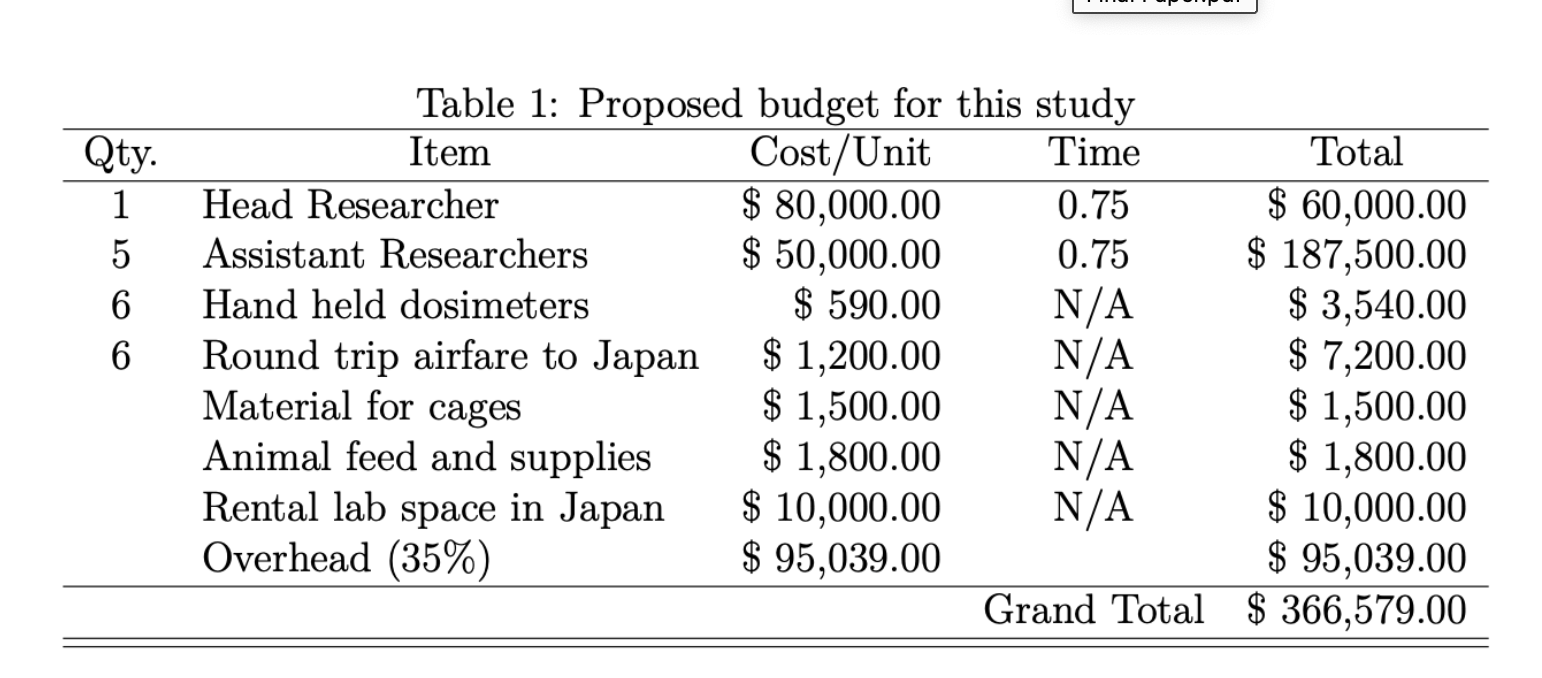When people read about Zika virus or West Nile, the first thing they want to do is solve the problem. Pesticides seem an easy way to do that. The problem is that while the benefit conveyed by spraying may be very visible for a small number of people, the risks are both invisible and very high. As public officials respond to complaints about mosquitoes, at least it seems they are doing something.
To be clear, Zika virus has not been acquired locally in the U.S., and the mosquitoes responsible are rarely found in the Midwest. It's a no-brainer to larvicide, reduce mosquito breeding grounds, and take common-sense precautions like staying inside during peak mosquito times, wearing clothes, and applying lower-risk mosquito repellents. But the calculation whether or not to adulticide is a difficult one.
Would you rather have a child with Zika or a child who may develop autism, ADHD, or leukemia? How do you calculate those risks? How measure those risks in toto against celebrating a beautiful day outside in warm weather?
There are some great resources out there -- the non-profits I admire most have been thinking seriously about this problem, which, IF Zika comes to the U.S., may be a sort of Sophie's choice for women who are pregnant or intend to become pregnant. Would you rather have a child with Zika or a child who may develop autism, ADHD, or leukemia? How do you calculate those risks? How measure those risks in toto against celebrating a beautiful day outside in warm weather?
Here's where I go to consider problems like this:
Environmental Working Group (EWG). http://www.ewg.org/research/ewgs-guide-bug-repellents/pregnant
Midwest Pesticide Action Center (MPAC). http://midwestpesticideaction.org/zika-and-panic-beware-the-scare/
Illinois Department of Health (IDPH). http://www.dph.illinois.gov/topics-services/diseases-and-conditions/zika
Centers for Disease Control and Prevention (CDC). http://wwwnc.cdc.gov/travel/page/zika-travel-information













